Latest News: Chip Shortage

TSMC announced on Tuesday it would more than triple its planned investment at its Arizona plant to $40 billion
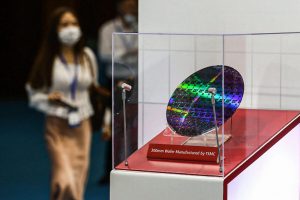
The US President's visit follows the Taiwanese chipmaker’s move to more than triple its planned investment in the factory to $40 billion
It is imperative for the island to remain competitive as countries including the United States, Japan and South Korea offer billions to bolster their chip industries, the economy ministry said
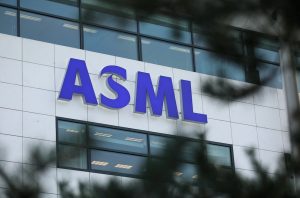
The move is an effort to bolster ASML's relations with customers like Samsung and SK Hynix in the face of new US chip sanctions against China

"We're going to compete vigorously. But I'm not looking for conflict," US President Joe Biden said after meeting Xi on the sidelines of the G20 summit
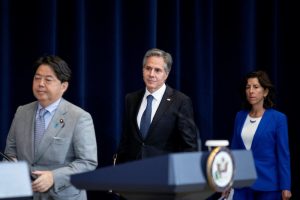
The world’s first and third-largest economies say China’s “coercive and retaliatory economic practices” and the war in Ukraine spurred them to team up
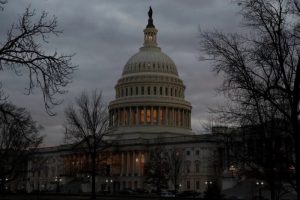
The "Chips and Science" act provides about $52 billion in subsidies for US semiconductor production and an investment tax credit for chip plants estimated at $24 billion

US senators backed a procedural move that sets up potential votes to pass a semiconductor bill by next week that aims to provide billions of dollars in subsidies and tax credits for the chip industry
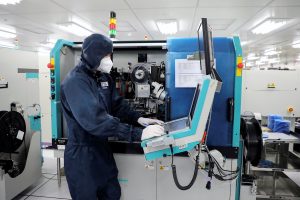
Tech experts say China will be dependent on foreign suppliers for years, so carmakers, who face a boom in demand and long supply delays, sometimes have to pay a premium to chip brokers
Trimmed version of Congress bill is expected to include $52 billion in subsidies for the industry and tax credits for firms that make semiconductors in the US
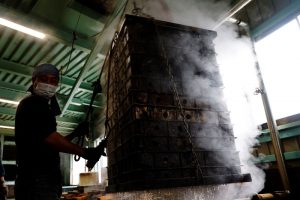
The Reuters Tankan showed sentiment among Japanese manufacturers and the services sector improving only modestly over the next three months

The 11% rise in earnings was attributed to demand for memory chips from server customers, which offset inflation-hit smartphone sales
AF China Bond
- Popular

















